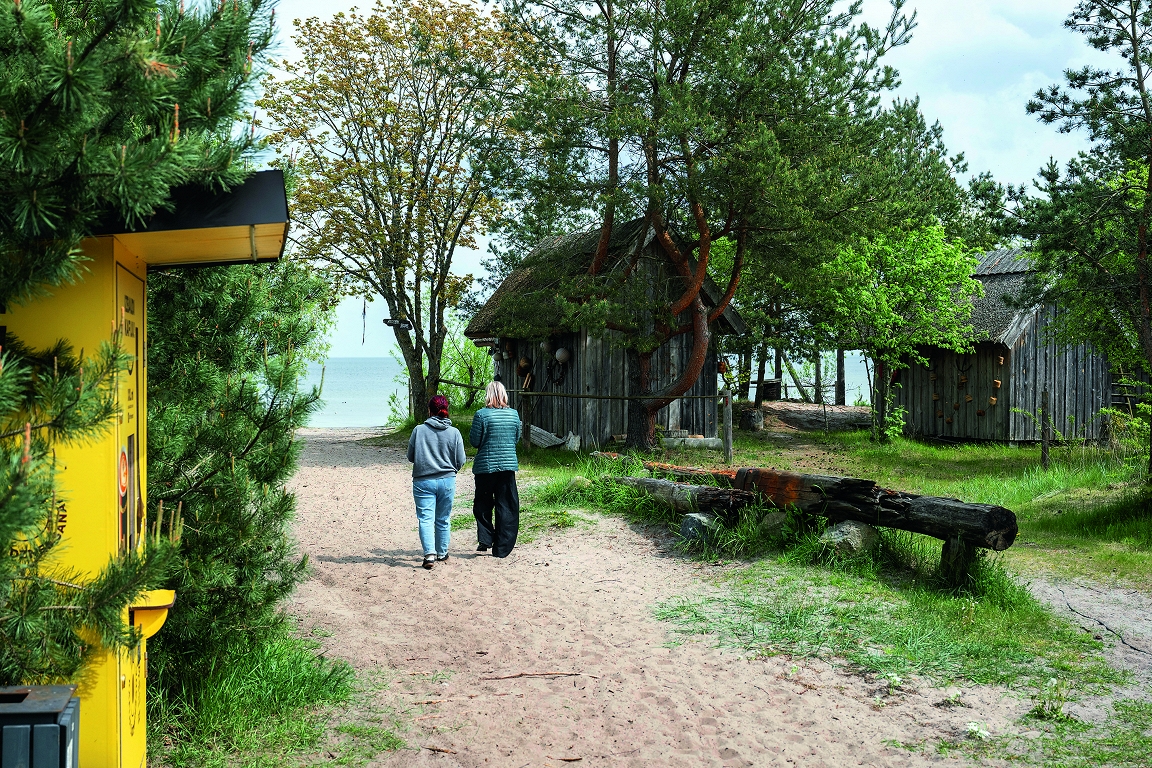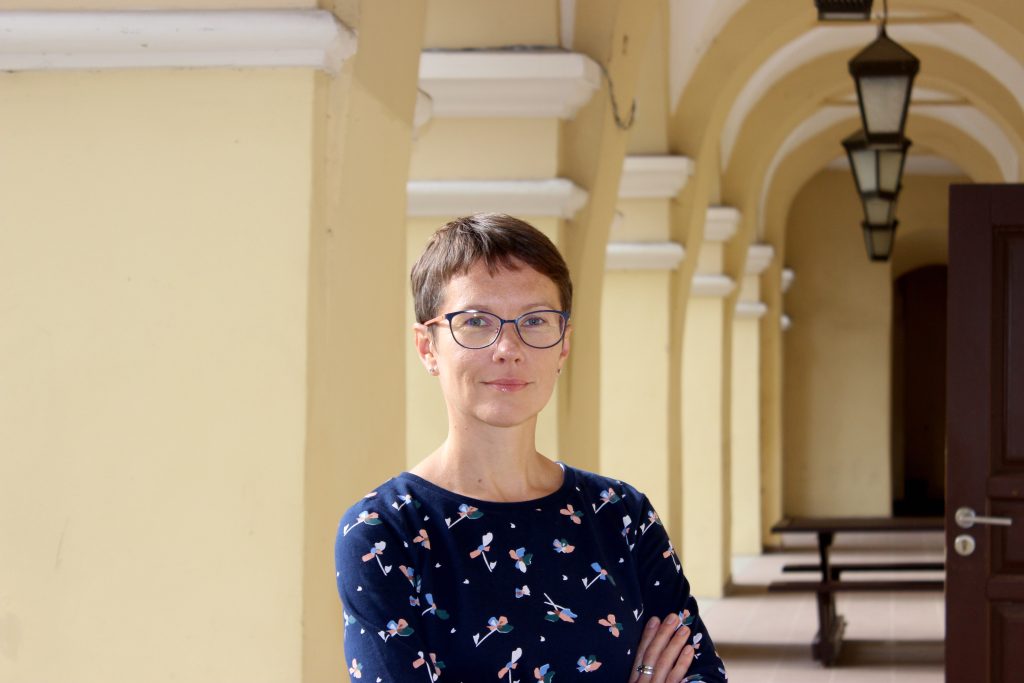Beirut, a city of brick and broc – Liberation

What solutions offers architecture to adapt to the unpredictability of the world, rethink the existing and imagine new ways of living in space? A file carried out in partnership with the French Institute on the occasion of the Venice Architecture Biennial 2025. All articles are to be found here.
« »When the NGOs arrived, we ate well for a few weeks … We had no more windows but I could have opened a grocery store with all the food aid that we received. ” In Mar Mikhael, the old abdo contemplates his empty living room by remembering this year 2020. He still struggles to believe that he could, alone at that time, sweeps all these pieces of glass scattered around the room. « Then, some time after the explosion, we only had help once a week, then once a month … and then more at all », recalls the old man. The chassis of his windows then remained empty, Abdo could not afford the damage. “I have lived here thirty-seven years of my life but now I will sell. The district has changed too much, everything has become too expensive, full of cafes for foreign workers from NGOs … Everything is too different. My friends died or left. We do not choose to redo our life at my age, but in Lebanon you can be forced to do so. ”
Five years after the explosion of the port of Beirut having killed 214 people and injured more than 6,500 others, a third of buildings like that of Abdo have not been repaired. The anarchic deployment of almost 300 NGOs was not enough to make up for the shortcomings of a political class whose Incuuria has not only precipitated the drama of August 4, 2020but also compromised all reconstruction.
Since the explosion of the port, the Urban Observatory of Beirut (the Beirut Urban Lab, Bul) has not however unemployed. The Lebanese Urban Planning Research Center launched after the disaster in an ambitious project: understanding how the reconstruction of the city will be conducted. « We founded an urban observatory in Beirut, and we understood for example that this reconstruction abandoned to NGOs had been very unequal, explains Maria Rajha researcher at Bul. Twenty NGOs could work on the same building while others were abandoned. Also, many has been done to repair private spaces without being interested in public space. ”
Convinced that the wounds of the capital will be held by the common good, the Bul is launching a large project: extending non-existent public spaces in an ultra-private Beirut, and engaging a « green flow » in the disaster districts to vegetate a capital which with its 0.8 m² of green spaces per inhabitant remains one of the most concrete in the world. With the agreement of the municipality, the organization chooses a crossroads north of the Mar Mikhael district which will serve as a laboratory. « The inhabitants were behind us, we installed solar reverbers, enlarged the sidewalks, put in place water drain systems », says researcher Maria Rajha. But before being able to lay the first public bench and plant the first tree, the project is stopped net: a local deputy orders the cessation of work, outraged that an organization encroaches on its space of clientelism.
An ordinary Lebanese history. Since the end of the civil war, the former militiamen have become politicians. All share the territory in bastion, which have become a votes’ reservoirs for elections or Marchandise territory to be used. « Some have no interest in making the common good progress in their influence areas », summarizes the researcher. An air of deja vu, in a country where all The reconstructions seem to be at the expense of someone. At the end of the civil war, the formerly popular city center was rebuilt by the solid company, for the benefit of the Prime Minister of the Rafic Hariri time.
Supposed to attract the great fortunes of the Gulf, the place is today an empty shell without resident. “And if we compare with the destruction of the southern suburbs by Israel in 2006, we see that everything was rather rebuilt by political parties, advance the researcher. The reconstruction of North Beirut by NGOs has accelerated the phenomenon of gentrification. In FAI Everything is subject to the interests of large neoliberal corporations, NGOs or denominational parties. The common point is that the state is always absent. «
While another long reconstruction process awaits Beirut and southern Lebanon after the shells of many districts densely populated by the Israeli army Since October 8, 2023, and which continue to continue despite the ceasefire, The conditions of reconstruction question. For Lebanese, struck by wars and repeated crises, the reconquest of the common good is added to the list of struggles.







/s3/static.nrc.nl/images/gn4/stripped/data133163617-a42ac5.jpg|https://images.nrc.nl/jJsrEGsaa6ZjhIYoKDGnGcKrtjg=/1920x/filters:no_upscale()/s3/static.nrc.nl/images/gn4/stripped/data133163617-a42ac5.jpg|https://images.nrc.nl/fqPwGIbb-VQMf830hRTXbgZLcJY=/5760x/filters:no_upscale()/s3/static.nrc.nl/images/gn4/stripped/data133163617-a42ac5.jpg)